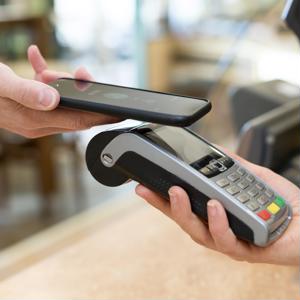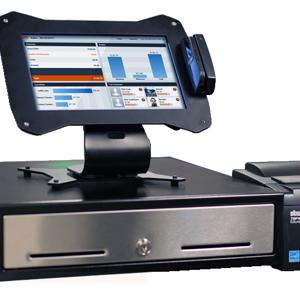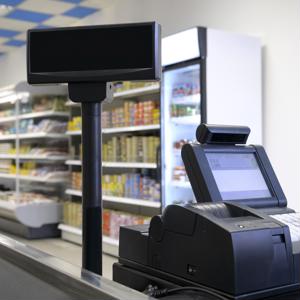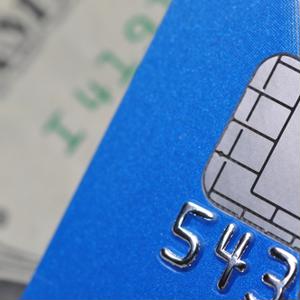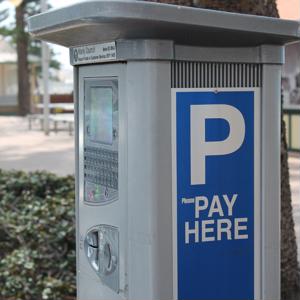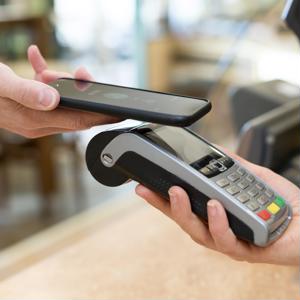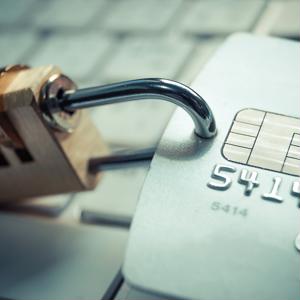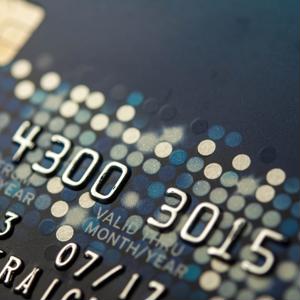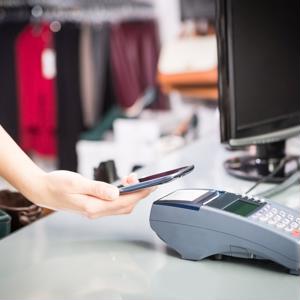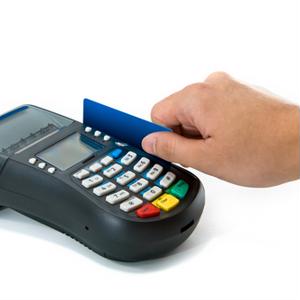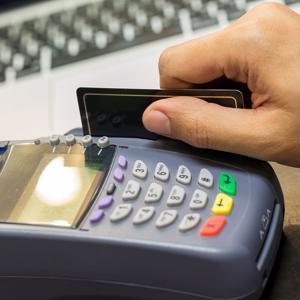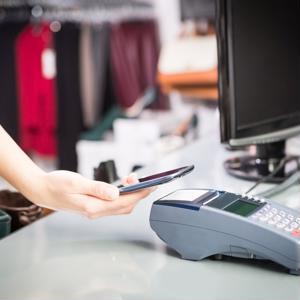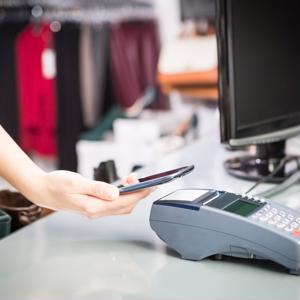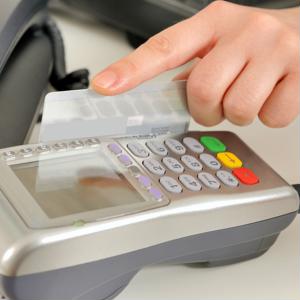EMV puts card-not-present transactions at greater risk of fraud, study says

While the introduction of EMV payments has given brick-and-mortar stores an added level of protection against counterfeit transactions, it has put online retailers at an even greater risk of being targeted for fraud.
According to a report by Aite and RSA, fraudsters will not simply give up when their efforts are thwarted at physical shops. Instead, their energy will be funneled into the path of least resistance. With card-not-present (CNP) transactions becoming the new lowest-hanging fruit for fraudsters, U.S. online merchants should expect to see a massive spike in fraud, according to the report, which cites similar trends following the shift to EMV in Canada and the U.K.
"The data from Canada's EMV migration paints this picture clearly; counterfeit and lost/stolen … more

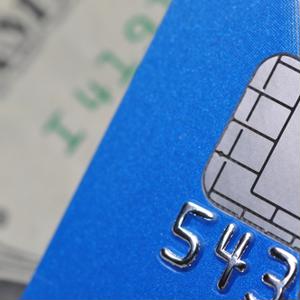
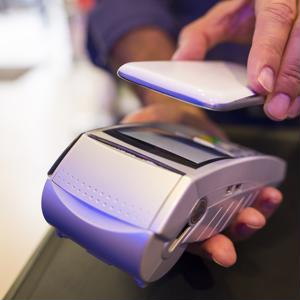

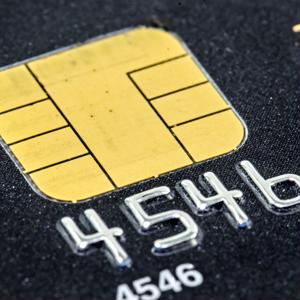
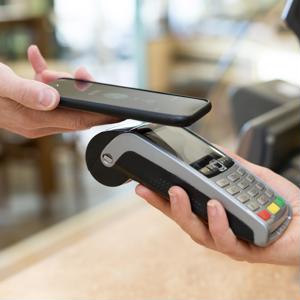

 At Vantage we work with many types of businesses to set up recurring billing for services. This work includes implementing the proper payment technology for their specific needs as well as establishing merchant services on Interchange pricing plans and managing transaction qualifications with PayView data analytics. Yet our billing clients often find that one of the most valuable services Vantage provides is in helping them establish policies to prevent and win service fee billing disputes.
At Vantage we work with many types of businesses to set up recurring billing for services. This work includes implementing the proper payment technology for their specific needs as well as establishing merchant services on Interchange pricing plans and managing transaction qualifications with PayView data analytics. Yet our billing clients often find that one of the most valuable services Vantage provides is in helping them establish policies to prevent and win service fee billing disputes.



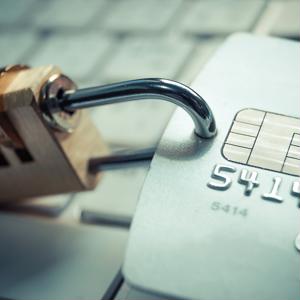


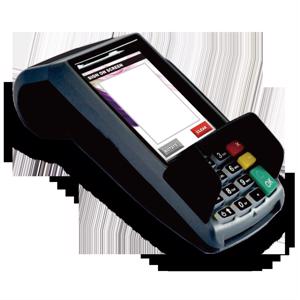

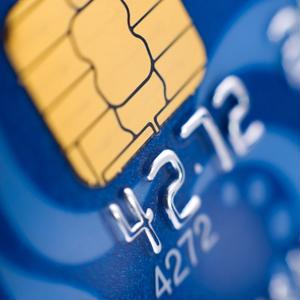 Many small business owners are behind on EMV adoption. However a new survey by Manta, an online small business community site, shows that more than 28 percent of owners that accept credit cards do not know how the new EMV chip card payment technology affects their business or even know about the new form of payment at all, according to The Washington Post.
Many small business owners are behind on EMV adoption. However a new survey by Manta, an online small business community site, shows that more than 28 percent of owners that accept credit cards do not know how the new EMV chip card payment technology affects their business or even know about the new form of payment at all, according to The Washington Post.
